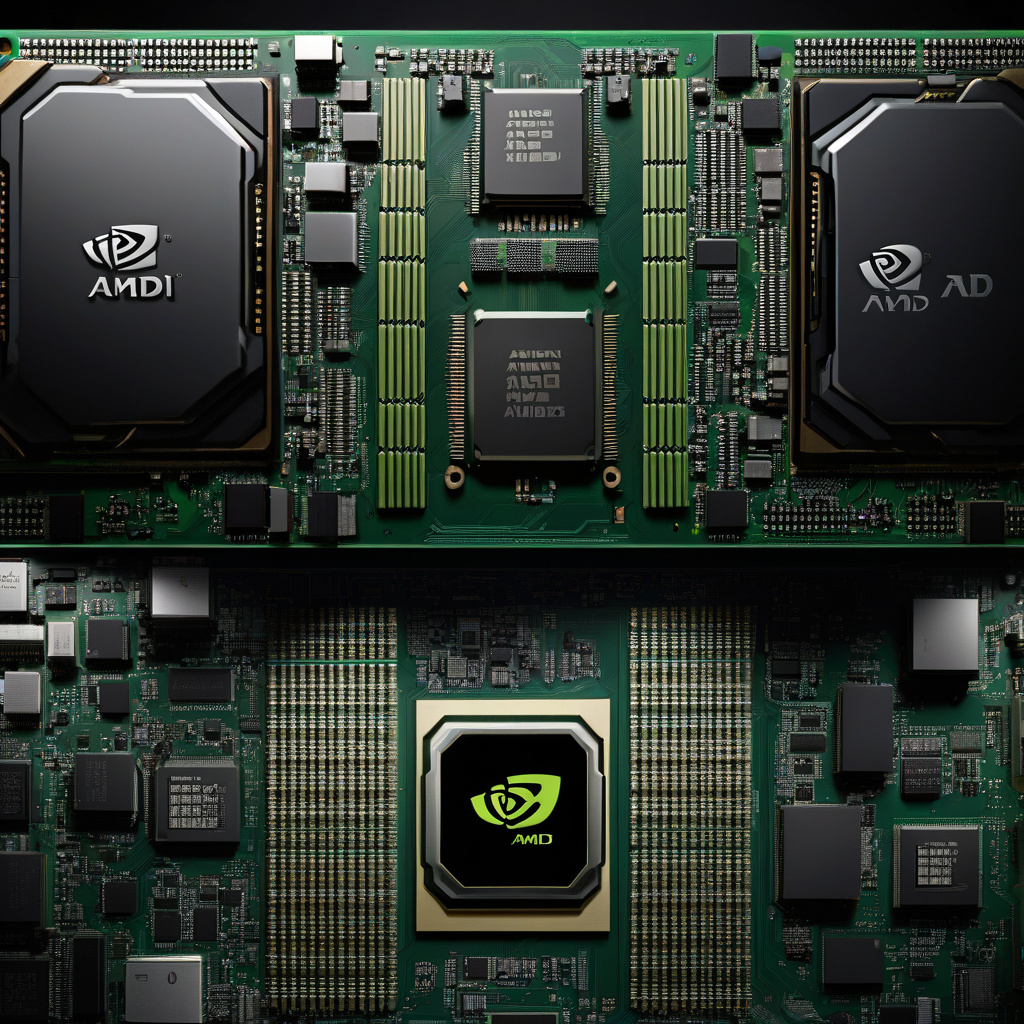Nvidia and AMD’s Agreement with Washington to Impact China’s AI Chip Market
In a strategic move that could potentially reshape the landscape of the China AI chip market, tech giants Nvidia and AMD have agreed to pay a 15% share of their revenue from China to secure US export licenses. This unprecedented agreement with Washington not only highlights the complexities of the global tech industry but also raises questions about the implications for national security and export controls.
The deal struck between Nvidia, AMD, and US authorities comes at a time of increasing tension between the US and China over technological dominance and national security concerns. By agreeing to allocate a percentage of their revenue from China, both companies are aiming to navigate the regulatory challenges posed by the export of sensitive technologies to certain countries, including China.
Analysts have been quick to point out the potential implications of this agreement on the China AI chip market. While Nvidia and AMD stand to benefit from securing export licenses that allow them to continue doing business with China, the move could have broader consequences for the industry as a whole. By complying with US regulations, the two tech giants may inadvertently create a competitive advantage for other players in the market who are not subject to the same export restrictions.
Moreover, the agreement raises important questions about the effectiveness of export controls in the tech industry. While such controls are designed to protect national security interests and prevent sensitive technologies from falling into the wrong hands, the deal between Nvidia, AMD, and US authorities highlights the limitations of these measures. As companies find ways to work around export controls through revenue-sharing agreements and other creative solutions, policymakers may need to reevaluate the efficacy of existing regulations.
From a business perspective, the agreement between Nvidia, AMD, and Washington underscores the importance of compliance and risk management in the tech industry. As companies operate in an increasingly interconnected global market, navigating complex regulatory environments and geopolitical tensions has become a critical aspect of doing business. By proactively addressing regulatory challenges and working with authorities to ensure compliance, tech companies can mitigate risks and maintain a competitive edge in the market.
Looking ahead, the repercussions of Nvidia and AMD’s agreement with Washington are likely to reverberate across the tech industry, particularly in the fast-growing field of AI chips. As companies seek to balance compliance with competitiveness and innovation, finding the right approach to regulatory challenges will be essential for long-term success in the global market.
In conclusion, the recent agreement between Nvidia, AMD, and US authorities has far-reaching implications for the China AI chip market and the tech industry as a whole. By navigating the complexities of export controls and compliance, tech companies can position themselves for growth and success in an ever-changing global landscape.
#Nvidia #AMD #China #AIchip #USexportlicences
